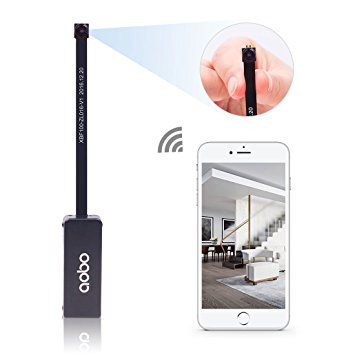
Covert Wifi video camera.
News reports recently revealed that bugging and listening devices were found in a number of offices around the world. [see links below] Some were foreign government offices, so there is no surprise there. Another was in a school administrator’s office – that was a surprise to those involved, as they probably were unaware of the prevalence of such devices – or of the desire by some to covertly steal information this way.
We often do not hear about discoveries being made in the corporate environment. One reason is that when companies do discover such occurrences, they do their best to keep it under wraps and handle it in-house. When Ford motor company found recording devices planted in a number of their conference rooms in 2014, the FBI was brought in and the news traveled fast, hitting media outlets within a few days. I’m sure their shareholders were not too pleased to hear about it.
The average employee may not realize how easy it is to obtain very functional covert spy devices, but once they become aware- they may begin to notice them for sale everywhere, from Best Buy to B&H Photo, not to mention actual “spy shops” both online and brick-and-mortar stores.
Popular YouTube vlogger Casey Neistat recently shopped at B&H in New York City and picked up a camera disguised as a water bottle. He put it through some tests, posted on his YouTube channel, to see how well it worked. He figured someone would have to be a real creep to use such a device – true – but he did not mention the possibility of corporate or industrial espionage as another real threat to consider. Currently with over one million views of that video alone (over nine million subscribers to his channel), over a million more people are now aware of such cameras and listening devices. Many of them may be employees in your company.
Most companies will have huge budgets for cyber defenses, which is definitely a good thing, but they often overlook the ease with which eavesdropping and theft of real-time communications can be accomplished. Cyber security works to protect information and data that is on your network or stored in your hard drives, but consider for a moment where that data first came from. Most high value information had it’s origin in conversations, meetings, or phone calls. Those areas need protection. Regular TSCM sweeps are the most important step in protecting against such theft and leaks of confidential communications. Other precautions include basic awareness of the threats as well as establishing clear policies so that employees understand the danger of such activities.
Read more:
[Surveillance devices found at former Iranian President’s office and home.]
[Eavesdropping devices found in Central Bank- Curaçao and St. Maarten]
[Bugging device found in Ghana Metro Mass Transit office.]
